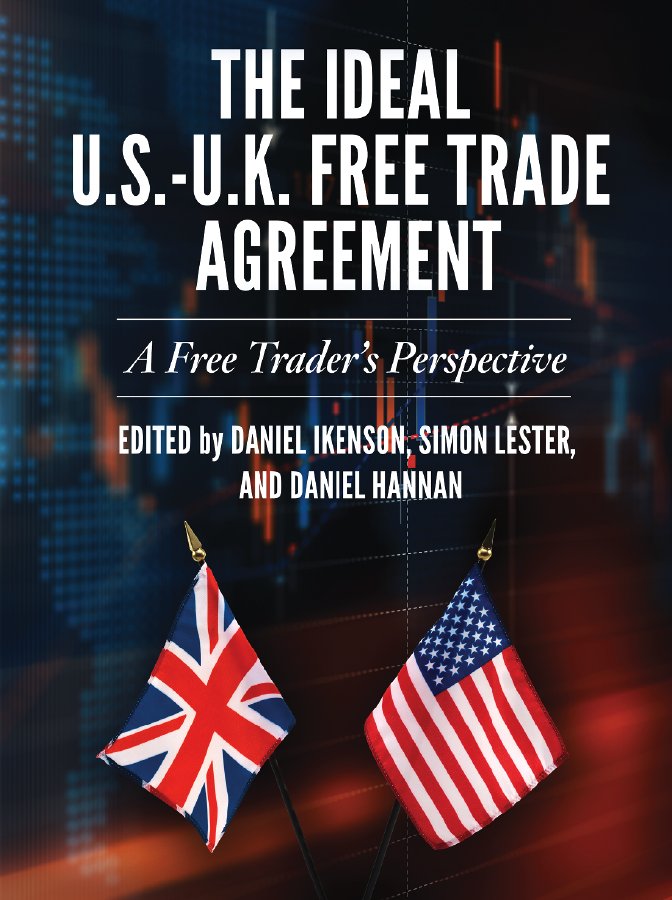- Visitors can check out the Forum FAQ by clicking this link. You have to register before you can post: click the REGISTER link above to proceed. To start viewing messages, select the forum that you want to visit from the selection below. View our Forum Privacy Policy.
- Want to receive the latest contracting news and advice straight to your inbox? Sign up to the ContractorUK newsletter here. Every sign up will also be entered into a draw to WIN £100 Amazon vouchers!
Reply to: The Ideal U.S.-U.K. Free Trade Agreement
Collapse
You are not logged in or you do not have permission to access this page. This could be due to one of several reasons:
- You are not logged in. If you are already registered, fill in the form below to log in, or follow the "Sign Up" link to register a new account.
- You may not have sufficient privileges to access this page. Are you trying to edit someone else's post, access administrative features or some other privileged system?
- If you are trying to post, the administrator may have disabled your account, or it may be awaiting activation.
Logging in...
Previously on "The Ideal U.S.-U.K. Free Trade Agreement"
Collapse
-
I tried to look up who has the trade surplus and who has the trade deficit between UK and USA. It seems no-one knows: -
https://www.ft.com/content/82ebed88-...4-932067fbf946
Leave a comment:
-
The Ideal U.S.-U.K. Free Trade Agreement
Get down there, have a read: An “Ideal” US-UK Free Trade Agreement | IFT
Accidentally released early: https://www.cato.org/publications/wh...rs-perspective
It would remove tariffs and throw out the precautionary principle that has guided much EU regulation on GM foods, chlorine-washed chicken, hormones in meat, pesticides and chemicals in cosmetics.
Zero tariffs on all goods (agricultural commodities, primary industry resources, and manufacturing industry goods);
Zero discriminatory nontariff barriers, which means no discrimination by either party in the content or exercise of the laws, regulations, or practices affecting the provision of services of either party, including no restrictions on the entry of businesspeople in the conduct of the provision of business services;
Zero restrictions on competition for government procurement;
Zero restrictions on foreign direct investment in the economy;
Zero restrictions on cross-border data flow;
Elimination to the fullest extent possible of impediments to expeditious customs clearance procedures for both imports and exports;
Preclusion of the adoption of antidumping or safeguard measures between or among parties; and
Strict prohibitions against the use of nontariff barriers, such as performance requirements, restrictions based on scientifically unsubstantiated public health and safety concerns, and restrictions based on national security concerns that fail to meet certain minimum standards.
 Tags: None
Tags: None
- Home
- News & Features
- First Timers
- IR35 / S660 / BN66
- Employee Benefit Trusts
- Agency Workers Regulations
- MSC Legislation
- Limited Companies
- Dividends
- Umbrella Company
- VAT / Flat Rate VAT
- Job News & Guides
- Money News & Guides
- Guide to Contracts
- Successful Contracting
- Contracting Overseas
- Contractor Calculators
- MVL
- Contractor Expenses
Advertisers





Leave a comment: